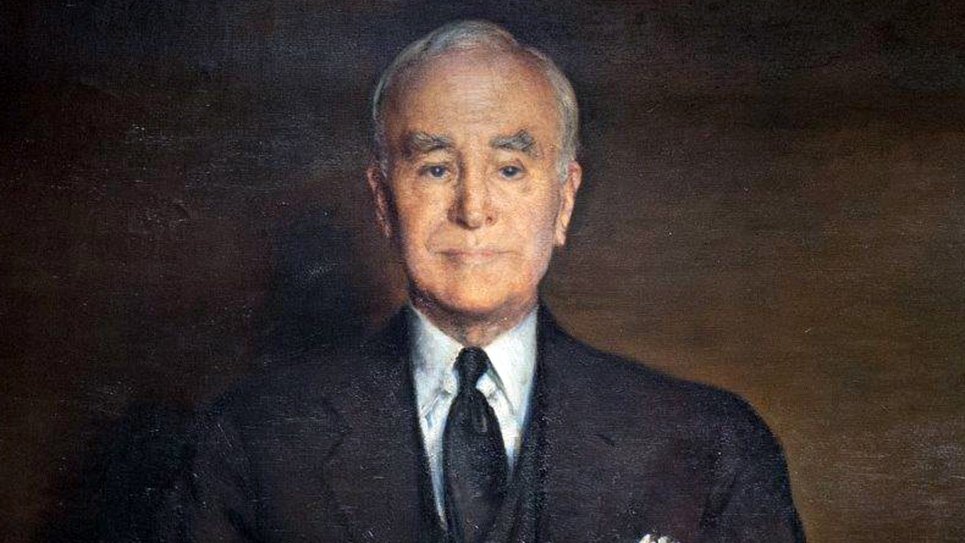Pander Wars
By Dr. Harold A. Black
blackh@knoxfocus.com
haroldblackphd.com
No, I don’t mean battles between those black and white bears from China. I mean the escalating battle between Trump and Harris on who can promise what to what group. You would never guess that both Trump and Harris have degrees in economics. Trump from Pennsylvania and Harris from Howard (one of my academic stops). If both learned anything, it is not evident. Or perhaps politics trumps economics.
My economics tutor at the University of Georgia was a graduate student, Phil Gramm. Yes, that Phil Gramm who told me when we were both in Washington, that as a politician sometimes economics has to yield to political reality. Perhaps that is why Trump first advocated no taxes on tips, pandering to Nevada voters. Harris quickly followed advocating the same. Then Trump said no taxes on social security, pandering to us old folk. Not to be outdone Harris followed by wanting to give new homebuyers $25,000 in downpayment aid to lower housing costs pandering to young people. I hope her economics didn’t teach that a demand subsidy leads to lower prices. Harris also attacked “price gouging” on food, pandering to all of us who eat. Trump then proposed his own price control scheme by announcing he would back a 10% interest rate cap on credit cards. Well, those consumers without the best credit could then kiss their credit cards goodbye. Both Trump and Harris oppose Nippon Steel’s acquisition of US Steel, pandering to the steel workers’ union. Trump even wants a corporate tax cut for only firms’ domestic production and an increased tariff on firms that move production out of the country – forgetting that one of the reasons the firms left is because of his tariffs on imported aluminum and steel.
Trump proposes replacing the income tax with a 20%-across-the-board tariff on imported goods, thus pandering to two groups. The first group is all of us who hate paying taxes. The second group is all those who think that somehow tariffs will make us better off when the truth is the opposite. Harris has also been pandering to different groups by affecting a fake accent. Her “Girl, I’m out here on these streets” was truly cringeworthy. I wonder if that lost her some black votes? Then in Georgia she faked a southern accent saying “Y’all helped us win in 2020 and we gonna do it again in 2024.” Hillary Clinton did the same in a speech to a black audience and was mocked. The media has been mostly silent on Harris’ affectation but can you imagine the uproar if Trump tried to sound like a rapper? What about “White dudes for Harris”? I am waiting for a “Black dudes for Trump” ad. Harris also claims to have flipped hamburgers at McDonald’s while in college. She continues to assert that she is the product of a middle-class home and that Trump was born with a silver spoon in his mouth – or was it a silver foot? This is despite having two PhDs as parents, both in highly paid positions at two of the nation’s best universities (Berkeley and Stanford). She claims to have had to ride school buses. At least she had buses. When I was growing up in Atlanta in the 1950s, there were no school buses for black kids. We walked to school while the white kids rode.
We all know that Harris is lying when she claims to have moderated her views. Bernie Sanders himself admitted that Harris remains a far-left progressive while feigning a shift to the center. That is the ultimate pander. Not be outdone on the pandering front, Trump voiced his support for a Florida bill to legalize marijuana, appealing to all those potheads and those who only smoke for medicinal purposes. He also pledged to not support a nationwide ban on abortion and to veto it if it ever came across his desk. Trump also wants to repeal part of his tax-cutting legislation by restoring the state and local tax deduction on state and local taxes, pandering to voters in high-tax, mainly Democrat-run states.
So who is winning the pander war? I don’t know but I do know that the loser is the American voter because both campaigns have been silent on most of the policy issues that are important to voters.






